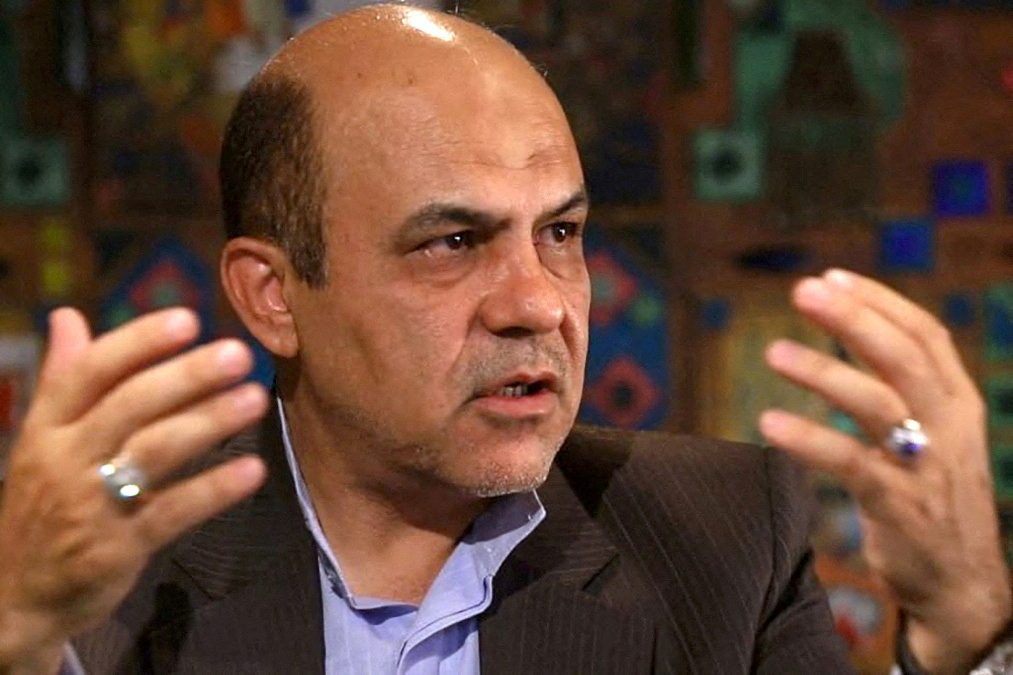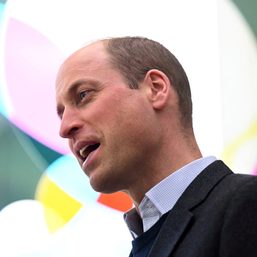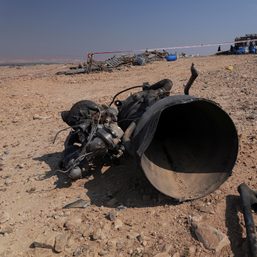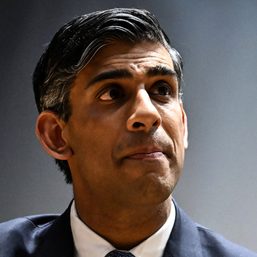SUMMARY
This is AI generated summarization, which may have errors. For context, always refer to the full article.

DUBAI, United Arab Emirates – Iran has executed British-Iranian national Alireza Akbari, the judiciary’s Mizan news agency reported on Saturday, January 14, after sentencing the former Iranian deputy defense minister to death on charges of spying for Britain.
Britain, which had declared the case against Alireza Akbari politically motivated, condemned the execution, with Prime Minister Rishi Sunak calling it “a callous and cowardly act carried out by a barbaric regime,”
Akbari, 61, was arrested in 2019.
The Iranian judiciary’s Mizan news agency reported the execution without saying when it had taken place. Late on Friday, British Foreign Secretary James Cleverly had said Iran must not follow through with the sentence.
The execution looks set to pile more pressure on Iran’s long-strained ties with the West, which have deteriorated further since talks to revive its 2015 nuclear deal hit deadlock and as Tehran unleashed a deadly crackdown on protesters last year.
In an audio recording purportedly from Akbari and broadcast by BBC Persian on Wednesday, he said he had confessed to crimes he had not committed after extensive torture.
“Alireza Akbari, who was sentenced to death on charges of corruption on earth and extensive action against the country’s internal and external security through espionage for the British government’s intelligence service…was executed,” it said.
The Mizan report accused Akbari of receiving payments of 1,805,000 euros, 265,000 pounds, and $50,000 for spying.
Sunak said on Twitter he was “appalled by the execution”, saying Tehran had “no respect for the human rights of their own people”. Cleverly said in a statement it would “not stand unchallenged”, later announcing Britain had imposed sanctions on Iran’s prosecutor general.
British statements on the case have not addressed the Iranian charge that Akbari spied for Britain.
Iran’s foreign ministry summoned the British ambassador on Saturday, January 14, over what it called London’s “meddling in Iran’s national security realm,” the state news agency IRNA reported.
Iranian state media, which have portrayed Akbari as a super spy, broadcast a video on Thursday that they said showed that he played a role in the 2020 assassination of Iran’s top nuclear scientist, Mohsen Fakhrizadeh, killed in an attack outside Tehran which authorities blamed at the time on Israel.
In the video, Akbari did not confess to involvement in the assassination but said a British agent had asked for information about Fakhrizadeh.
Iran’s state media often airs purported confessions by suspects in politically charged cases.
Reuters could not establish the authenticity of the state media video and audio, or when or where they were recorded.
Akbari was a close ally of Ali Shamkhani, now the secretary of Iran’s Supreme National Security Council, who was defence minister from 1997 to 2005, when Akbari was his deputy as part of the administration of reformist President Mohammad Khatami.
He fought during the Iran-Iraq war in the 1980s as a member of the Revolutionary Guards.
It marks a rare case of the Islamic Republic executing a serving or former senior official. One of the last occasions was in 1984, when Iranian navy commander Bahram Afzali was executed after being accused of spying for the Soviet Union.
French condemnation
French Foreign Minister Catherine Colonna summoned Iran’s charge d’affaires over the execution.
He was “warned that Iran’s repeated violations of international law cannot go unanswered, particularly with regard to the treatment of foreign nationals whom it arbitrarily detains,” a foreign ministry statement said.
Iran’s ties with the West have also been strained by its support for Russia in Ukraine, where Western states say Moscow has used Iranian drones during the invasion.
Britain, which has a long history of fraught ties with Iran, and other Western states have been fiercely critical of Tehran’s crackdown on anti-government protests, sparked by the death in custody of a young Iranian-Kurdish woman in September.
Iran has issued dozens of death sentences as part of the crackdown, executing at least four people.
‘3,500 hours of torture’
In the audio recording broadcast by BBC Persian, Akbari said he had made false confessions as a result of torture.
“With more than 3,500 hours of torture, psychedelic drugs, and physiological and psychological pressure methods, they took away my will. They drove me to the brink of madness…and forced me to make false confessions by force of arms and death threats,” he said.
Amnesty International said the execution displayed again the authorities’ “abhorrent assault on the right to life.”
In Akbari’s case “it is particularly horrific given the violations he revealed he was subjected to in prison, including torture, and other ill-treatment through being forcibly administered chemical substances & being held in prolonged solitary confinement”, it said in a Tweet.
The Iranian authorities have not responded to accusations that Akbari was tortured.
An Iranian state TV report – details of which Reuters could not independently verify – said he was arrested on espionage charges in 2008 before being freed on bail and leaving Iran.
It said in 2009 he went to Austria under the pretext of medical treatment, then to Spain and eventually to England.
In an interview with BBC Persian broadcast on Friday, Akbari’s brother Mehdi said he had returned to Iran in 2019 based on an invitation from Shamkhani. – Rappler.com
Add a comment
How does this make you feel?





There are no comments yet. Add your comment to start the conversation.